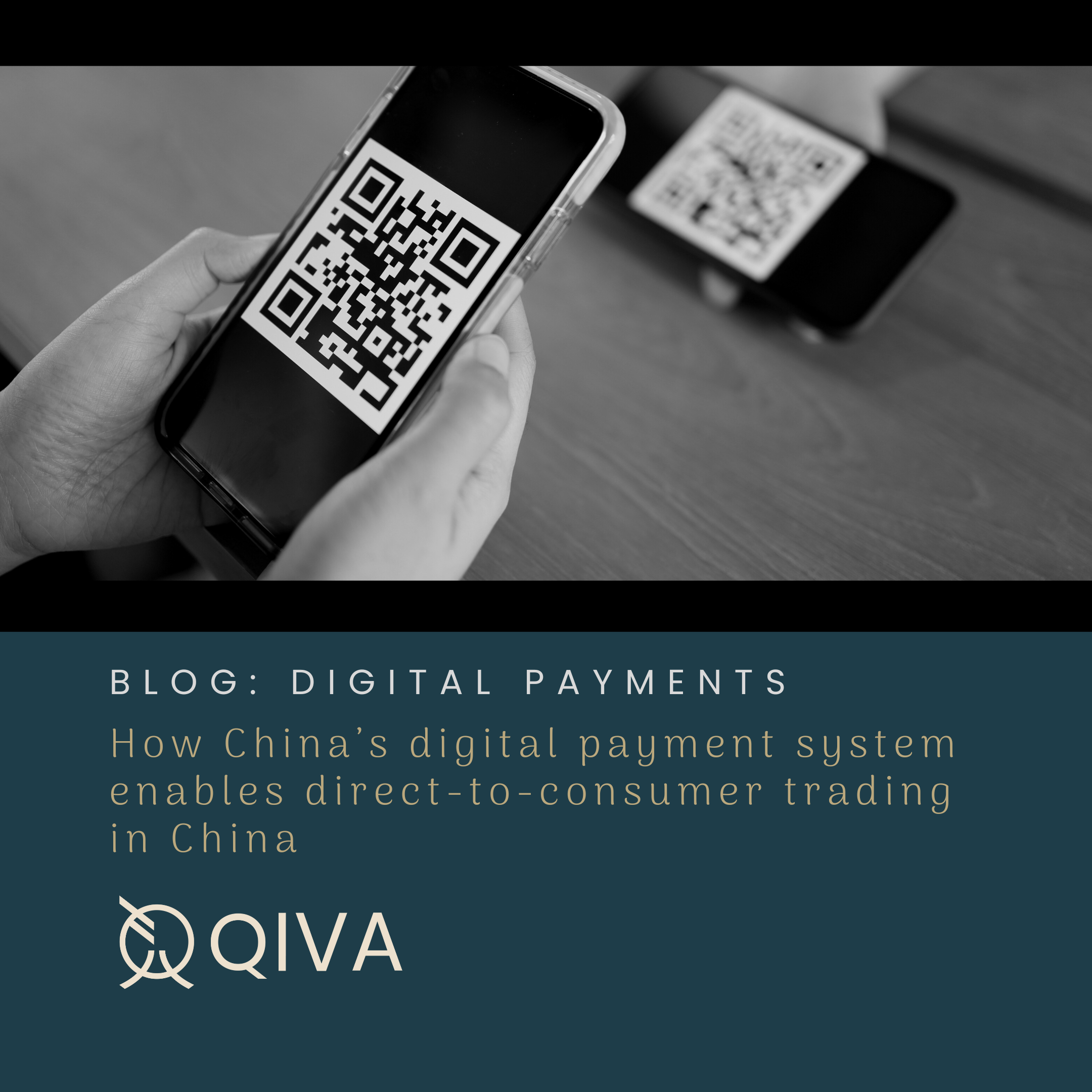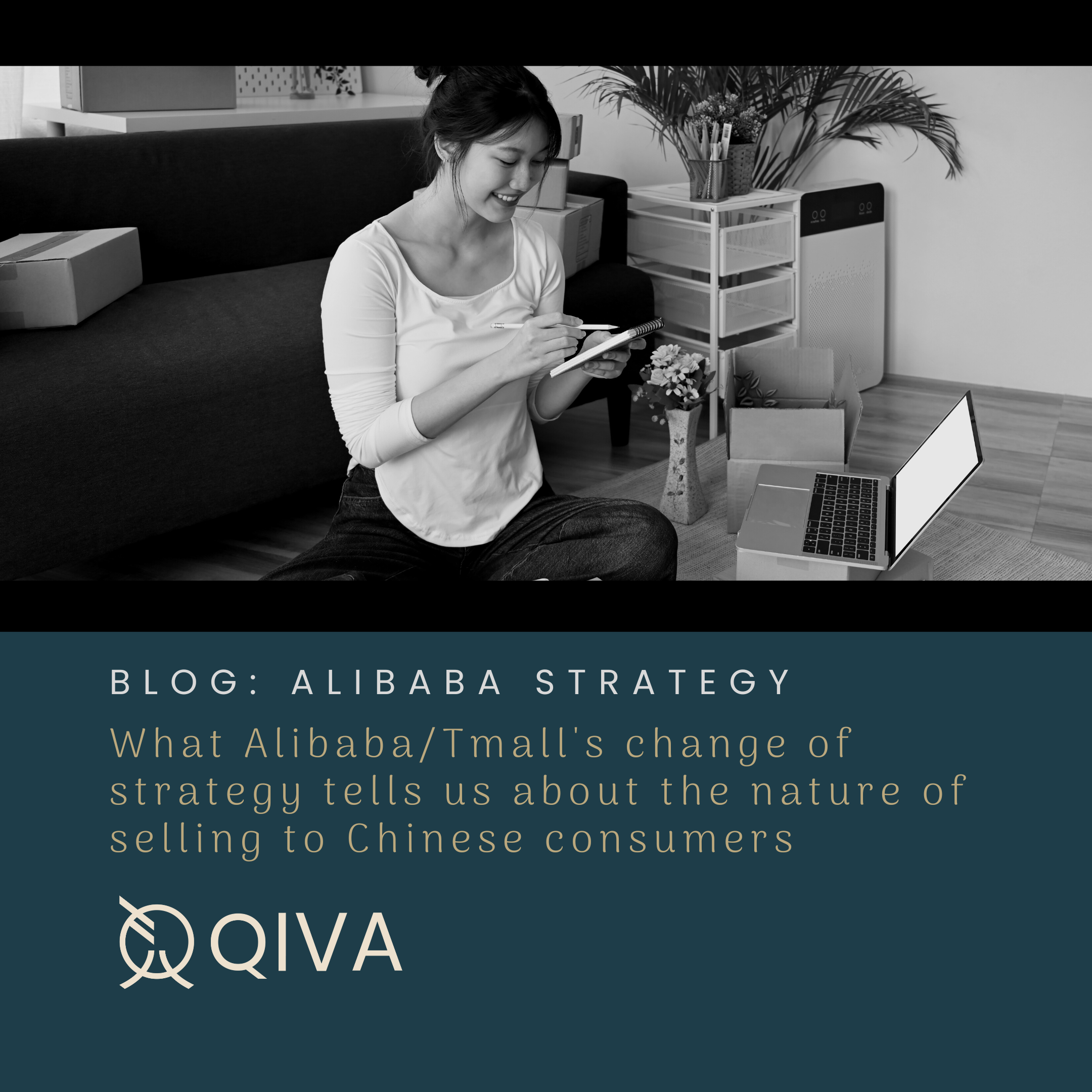Why asking ‘so what?’ is good for strategy

Great strategy is critical to the success of every organisation. That notwithstanding, most managers find strategy to be more complicated, arduous and ineffectual than is productive for their organisations, particularly in markets such as China where one’s go-to norms and assumptions are often challenged.
In such circumstances, it can be tempting to slip into a reactive frame of mind, outsourcing decision-making and rolling with the information available. Not only does this disempower organisations by placing their fate in the hands of others (sometimes with very negative consequences), but it continues a fallacy that says effective strategy for the Chinese market sits outside the organisation itself. This needs to change.
“An organisation must be prepared to challenge orthodoxies.”
We believe there are three fundamental principles that organisations can adopt when creating their strategy for the Chinese market. These are:
Don’t be shackled to your traditional value chain: when thinking about competition, organisations can fall into the trap of focusing on familiar ‘known’ rivals with similar assets, clients, IP, products and services. This approach often fails to identify threats and opportunities, which is why we focus on the full ecosystem, including suppliers, distributors, customers, competitors and government.
Adopt a ‘so what’ mindset: to create a good strategy, an organisation must be prepared to challenge orthodoxies. One powerful method to challenge information is to start asking ‘so what?’. These two simple words can challenge preconceived notions and ensure organisations are making their own informed decisions; not just adopting what others deem important.
Use analysis of weak spots for strategic planning: weak spots identify the most impactful uncertainties in any ecosystem and when applied to scenario planning, can enable organisations to envision different plausible futures. We believe scenario planning is imperative to informing strategic choices and developing strategy that is adaptable and responsive to change.
Organisations that take ownership of their strategy process, readily hunt down their ‘unknown unknowns’, and challenge the status quo are invariably out-performing their competitors.





